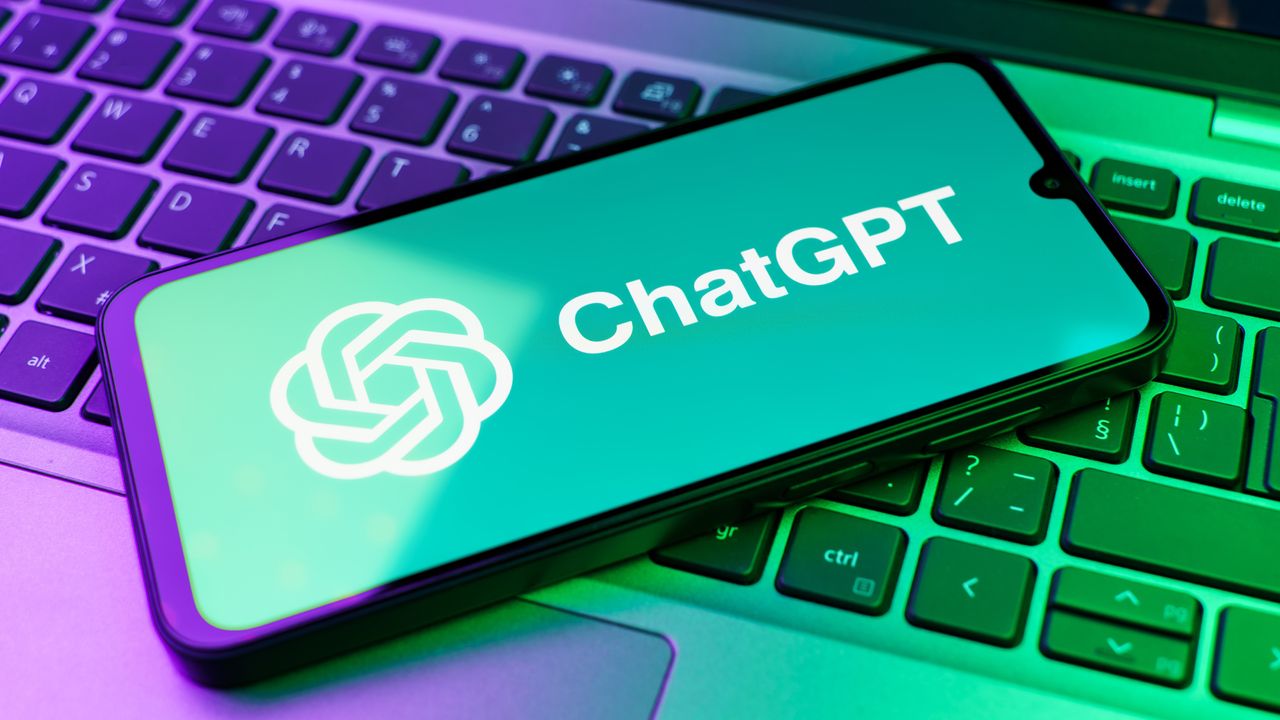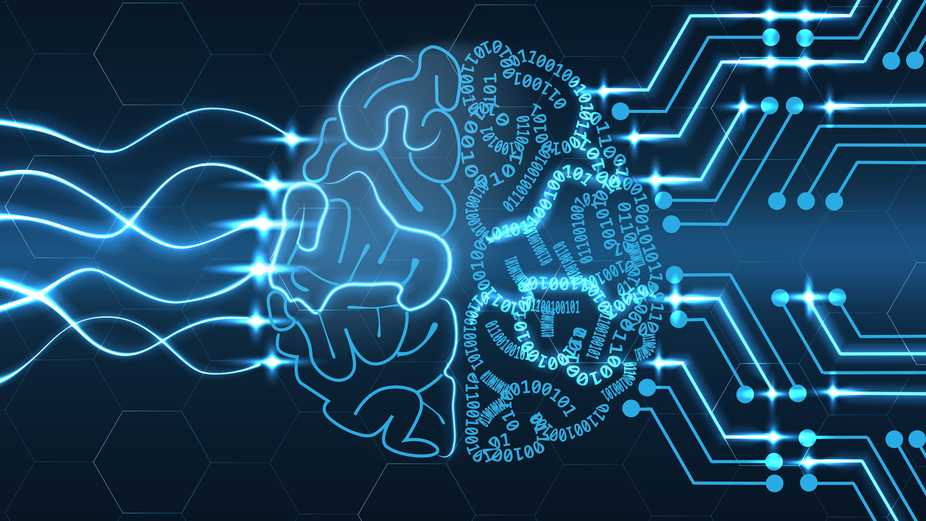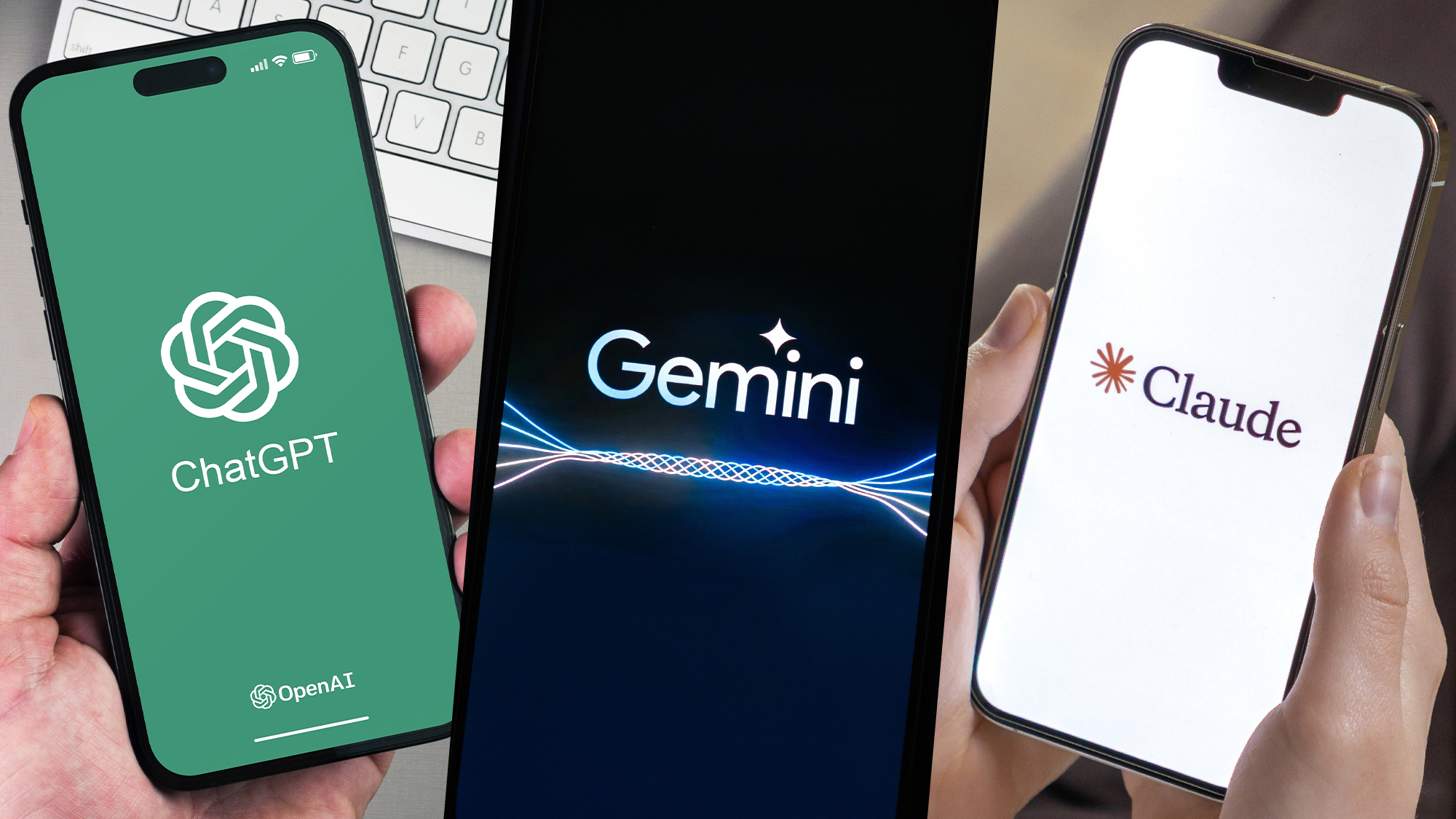
AI chatbots are essentially just long strings of code. While they can try their best to replicate human emotion, that’s all it really is — a replication. And yet, it turns out that AI is doing it better than us.
A recent study by the Université de Genève found that AI chatbots might actually be more emotionally intelligent than humans. Or at least, they seem that way when put to the test on emotional behavior.
The team put six AI systems up against an emotional intelligence test. This included ChatGPT-4, ChatGPT-o1, Gemini 1.5 Flash, Copilot 365, Claude 3.5 Haiku, and Deepseek V3.
‘‘We chose five tests commonly used in both research and corporate settings. They involved emotionally charged scenarios designed to assess the ability to understand, regulate, and manage emotions,’’ says Katja Schlegel, the lead author of the study and a lecturer in psychology at UniBE.
How AI was tested

One example of how this test looks is this question: One of Michael’s colleagues has stolen his idea and is being unfairly congratulated. What would be Michael’s most effective reaction?
a) Argue with the colleague involved
b) Talk to his superior about the situation
c) Silently resent his colleague
d) Steal an idea back
If you, like any reasonably resentful person, said C or D, you’re sadly wrong. Here, the correct answer is B.
But it wasn’t just AI that was tested; the team needed to know how we humans would do. The same five tests were given to human participants.
The LLMs achieved significantly higher scores — 82% correct answers versus 56% for humans.
“In the end, the LLMs achieved significantly higher scores — 82% correct answers versus 56% for humans. This suggests that these AIs not only understand emotions, but also grasp what it means to behave with emotional intelligence,” said Marcello Mortillaro, a senior scientist at the UNIGE’s Swiss Center for Affective Sciences and a member of the study.
That, for you following along at home, isn’t exactly close. But the news does unfortunately get worse. The team then asked ChatGPT-4 to create new emotional intelligence tests with new scenarios.
These were taken by more than 400 participants. Not only were they reliable, clear, and as realistic as the original tests, but they were made in minutes compared to the original tests, which took years to develop.
‘‘LLMs are therefore not only capable of finding the best answer among the various available options, but also of generating new scenarios adapted to a desired context. This reinforces the idea that LLMs, such as ChatGPT, have emotional knowledge and can reason about emotions,’’ Mortillaro adds.
AI isn't always this consistent

Something to note is that, while this study came out in the last couple of months, it tested AI models that are all now out of date with newer versions replacing each model.
In other words, the latest versions of AI might even be able to perform even better on emotional intelligence tests. These, however, are very controlled environments. That’s where AI really thrives.
AI has shown much more mixed results when given uncontrolled emotional intelligence tests, and has shown that it isn’t always as much of a reliable performer as this.







